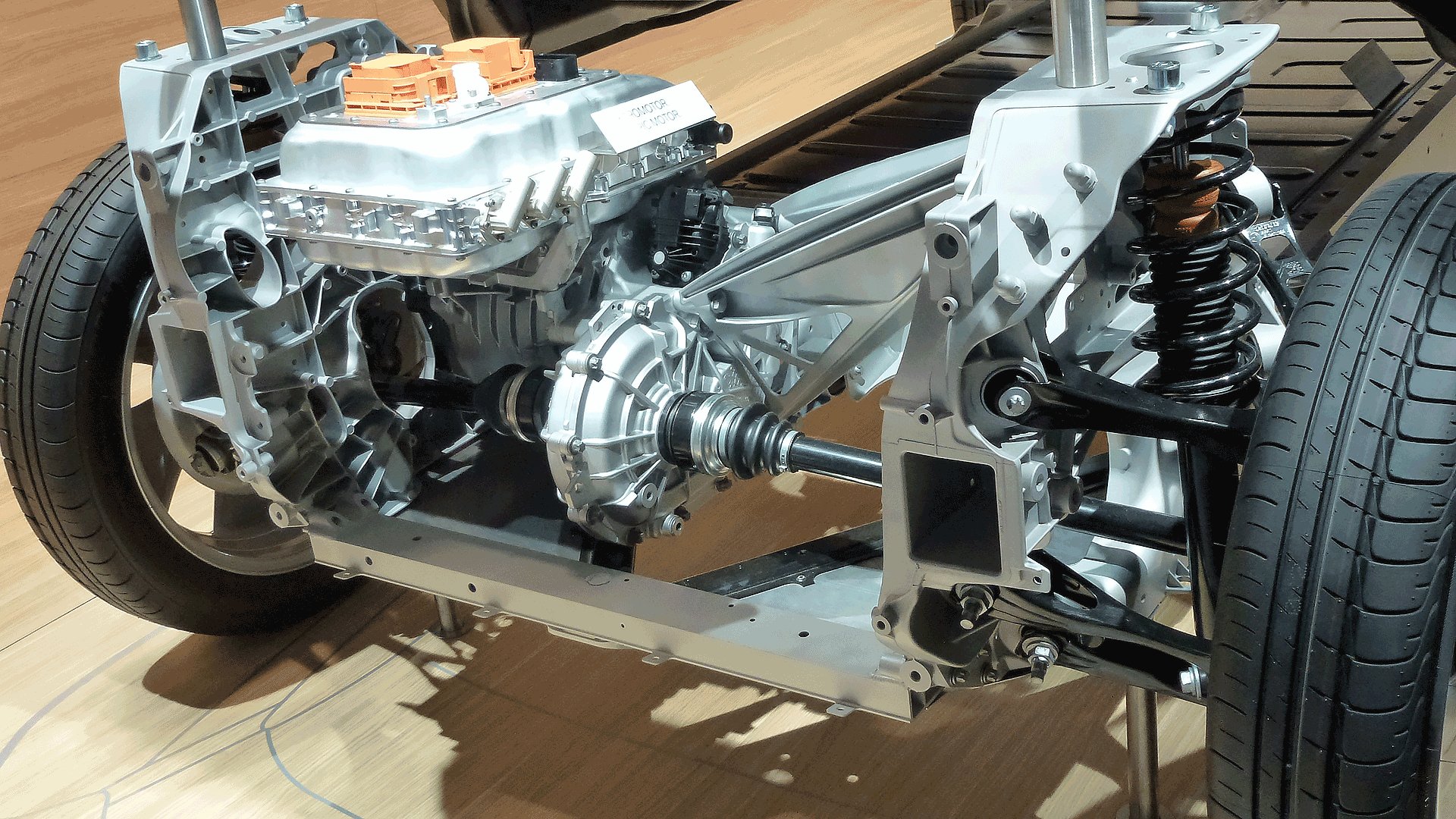

The switch to electric drivetrains brings new challenges to automakers: How do we pay for the R&D? EV volumes still are comparatively low. Research and development expensed over low volumes makes for high unit costs. This can be especially painful for relatively smaller automakers like BMW (2018 sales around 2.5 million units of all types) and Jaguar Land Rover (2018 sales around 600,00 units of all kinds.)
The solution? BMW and Jaguar Land Rover decided that a sorrow shared is a sorrow halved (well, not exactly) and they announced today that “they are joining forces to develop next generation electric drive units.”
BMW and JLR both aren’t buying their electric motors somewhere in China, but make them in-house. BMW has been doing so since launching its i3 in 2013. When JLR set out to build its first all-electric car, the i-Pace, the UK carmaker “had no electric motor department,” the car’s (now retired) father Dr. Wolfgang Ziebart told me a few years ago in a raunchy bar in Taipei. As it turned out, JLR engineer Dr. Alex Michaelides already had “developed an ingenious concentric electric motor. It’s not the cheapest, but it is the lightest, most compact motor you can imagine,” Ziebart said.
The BMW Group can call an electric motor its own that shares transmission and power electronics in one housing. Most of all, considering that China is expected any day now to turn off supplies of rare earths in answer to Trump’s blockade of Chinese electronics-giant Huawei, the electric motor “does not require rare earths, enabling the BMW Group to reduce its dependence on their availability,” as the company diplomatically says in a statement.
And coming to the meat of the matter, “the cooperation allows the BMW Group and Jaguar Land Rover to take advantage of cost efficiencies arising from shared development of future evolutions and production planning costs as well as economies of scale from joint purchasing,” both companies say.
The power units of both companies will be developed by “a joint team of BMW Group and Jaguar Land Rover experts located in Munich,” allowing Ziebart, who lives close by in Starnberg, to occasionally come by and say “hallo.”